Building houses out of plastic waste
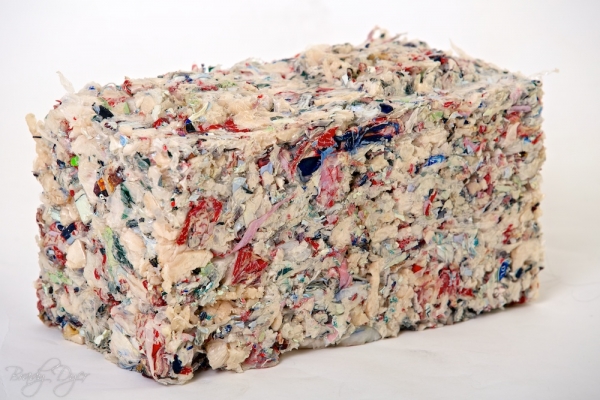
A portable machine turns used plastic into bricks
A portable machine turns used plastic into bricks
The plastic waste and ocean pollution awareness has been rising, especially after the forecast that by 2050 plastic could outnumber fish in our oceans came out. Several years ago, New Zealand-based inventor and engineer Peter Lewis wanted to turn these large quantities of plastic waste into something useful, so he invented a portable machine that can transform it into construction material (bricks). This was not put into use at the time due to a variety of reasons, but Gregor Gomory and his start-up ByFusion later revived the original concept. The Byfusion process converts all types of used plastic waste (of all shapes and forms) into a machine-compressed building material called RePlast, having the dimensions of a typical concrete masonry unit. Replast is currently used in a modular way in low-income housing, but it could also be used in a wide variety of development, construction and infrastructure projects including highway sound barriers, environmental retaining walls, thermal insulation for industrial and residential construction, and crash barriers. The machinery, which runs on gas or electricity, is housed in used shipping containers and can easily be transported to areas where it is needed. Recently, ByFusion partnered up with Sustainable Coastlines Hawaii, a non-profit alliance handling ocean waste, in a joint effort to remove plastic pollution from Hawaii’s waters.
Characteristics of RePlast Block
The good news is that Replast blocks have excellent thermal and acoustic performance. Moreover, because they do not require a binding agent, such as glue or adhesive, their carbon footprint is negligible compared to concrete (95% lower Greenhouse Gas Emissions (GhG) during production). That means they can contribute to a green building certification (ex. LEED) for construction and communities. Also, their manufacturing process is flexible, as the machine can produce bricks of different size, shape and color.
A similar process is also followed in Colombia, where Oscar Mendez founded Conceptos Plasticos (Concept Plastics), a company that builds houses for the homeless people using recycled plastics. They process and mold used plastics and rubbers into bricks, which are then assembled into high-quality low-cost houses. It takes five days for four people to assemble a 40 m2 (430 ft2) house and up to now, they have built 1500 m2 (16145 ft2) of houses and are planning to build more.
Media
Want to read more like this story?

The plastic pollution problem in charts
Dec, 11, 2017 | NewsThe total volume of all plastic ever produced has been calculated at 8.3 bn tonnes (the equival...
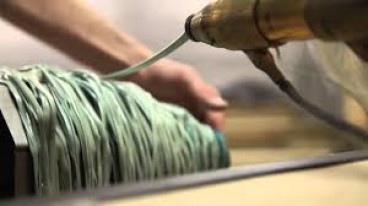
Want to start your own business? Try a plastic recycling workshop!
Apr, 18, 2016 | NewsA 28-year old Dutch has developed machines to recycle plastic, and their blueprints are free on line...

By 2050, there could be more plastics than fish in the oceans!
Mar, 04, 2016 | NewsIn a business-as-usual scenario, the ocean is expected to contain 1 ton of plastic for every 3 tons...
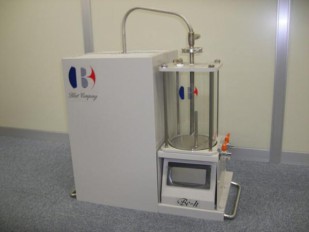
This machine produces oil from plastic waste
Mar, 31, 2017 | NewsA household appliance that converts plastic bags into fuel was invented by a Japanese man A house...

A light aircraft flew more than 500 miles using fuel partially originated from plastic waste
Mar, 08, 2017 | NewsThe initiative ‘On Wings of Waste’ aims to raise awareness about plastic waste recycling...
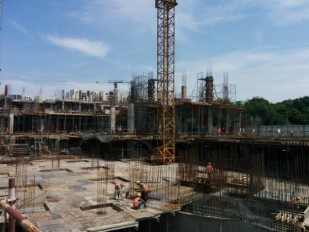
New study shows that plastic waste can replace sand in concrete
Sep, 21, 2018 | NewsAccording to researchers from Bath University, waste plastic can replace some of the sand used in co...
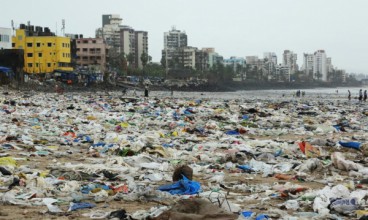
Indonesia pledges $1 billion annually to tackle ocean pollution
Mar, 22, 2017 | NewsThe country is the second largest plastic polluter in the world after China The country is the se...
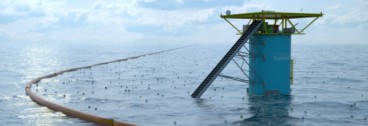
A floating structure aims to pull plastic from the world’s oceans
Jun, 10, 2016 | NewsThe project’s next big target is the obliteration of the Great Pacific Garbage Patch The pr...
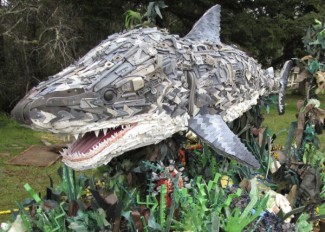
Giant sculptures made entirely out of plastic found on our beaches
Apr, 13, 2016 | NewsTime to reconsider the use and end-of-life management of plastic Time to reconsider the use and e...
Trending
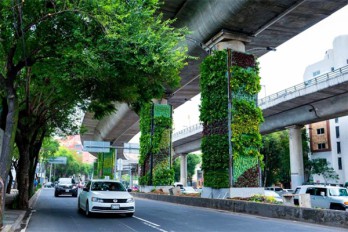
Vertical gardens in Mexico City to combat pollution

Saudi Park Closed After 360 Big Pendulum Ride Crashes to Ground, 23 injured
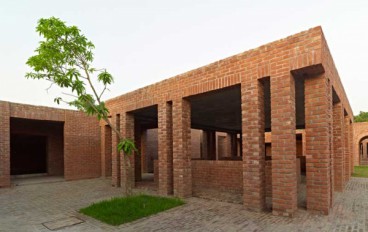
Characteristics of Load Bearing Masonry Construction

Taipei 101’s impressive tuned mass damper
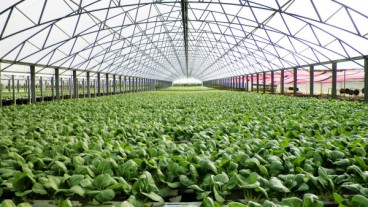
Dutch greenhouses have revolutionized modern farming

Federal court rules Biden’s offshore drilling ban unlawful


